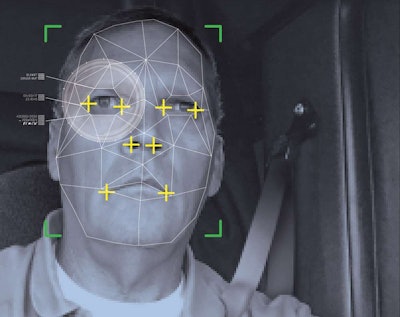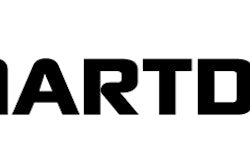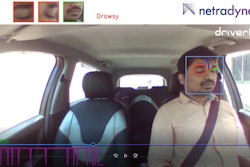Overdrive’s upcoming September issue begins a three-part series on how rapidly technology is changing the ways fleets can monitor driver fatigue.
 Fatigue’s Fast Track, a three-part series on rapidly growing fatigue-monitoring technology, begins in the September Overdrive and will focus on driver-facing dashcams.
Fatigue’s Fast Track, a three-part series on rapidly growing fatigue-monitoring technology, begins in the September Overdrive and will focus on driver-facing dashcams.Many fleets and owner-operators have adopted road-facing cameras for reasons of safety and accident exoneration in recent years. The September issue looks at how dual-camera systems, which include driver-facing cams, are being used by fleets to detect fatigue and trigger warnings to drivers and dispatchers.
The October issue will examine various wearable devices that detect fatigue without using cameras. Knowing the extent of driver resistance to driver-facing cameras, the wearables makers see their technologies as less intrusive.
For example, Maven Machine’s headset, which analyzes head motions to assess fatigue, is preferable to driver-facing cams because the cams are “a very strong invasion of privacy, says Avi Geller, Maven CEO. “We hear it all the time, ‘The truck is my home, I live there. You want me to put a camera in my home.’ It’s not a good quality of life. It’s disrespectful.”
The makers of wearable devices say their value has been proven by tested accuracy and the potential reduction of accidents. The safety results can be accompanied by lower insurance premiums and identification of drivers who might need coaching in personal fatigue management or testing for sleep disorders such as sleep apnea.
 How do you feel about cameras or wearables used to detect or predict fatigue — experienced them yourself, by chance? If you’re reading on a smartphone, tap the image to call and leave us a message to weigh in with your thoughts. If you’re on a desktop, call 530-408-6423. Make sure to tell us your name and state of residence.
How do you feel about cameras or wearables used to detect or predict fatigue — experienced them yourself, by chance? If you’re reading on a smartphone, tap the image to call and leave us a message to weigh in with your thoughts. If you’re on a desktop, call 530-408-6423. Make sure to tell us your name and state of residence.How do you feel about driver-facing cameras? Or wearable devices that assess your alertness and project how quickly it will decline?
Are such systems worth it if they indeed save many lives? Or do you see better ways to reduce drowsy driving in trucking?
Comment below – we’d really like to hear your thoughts.










